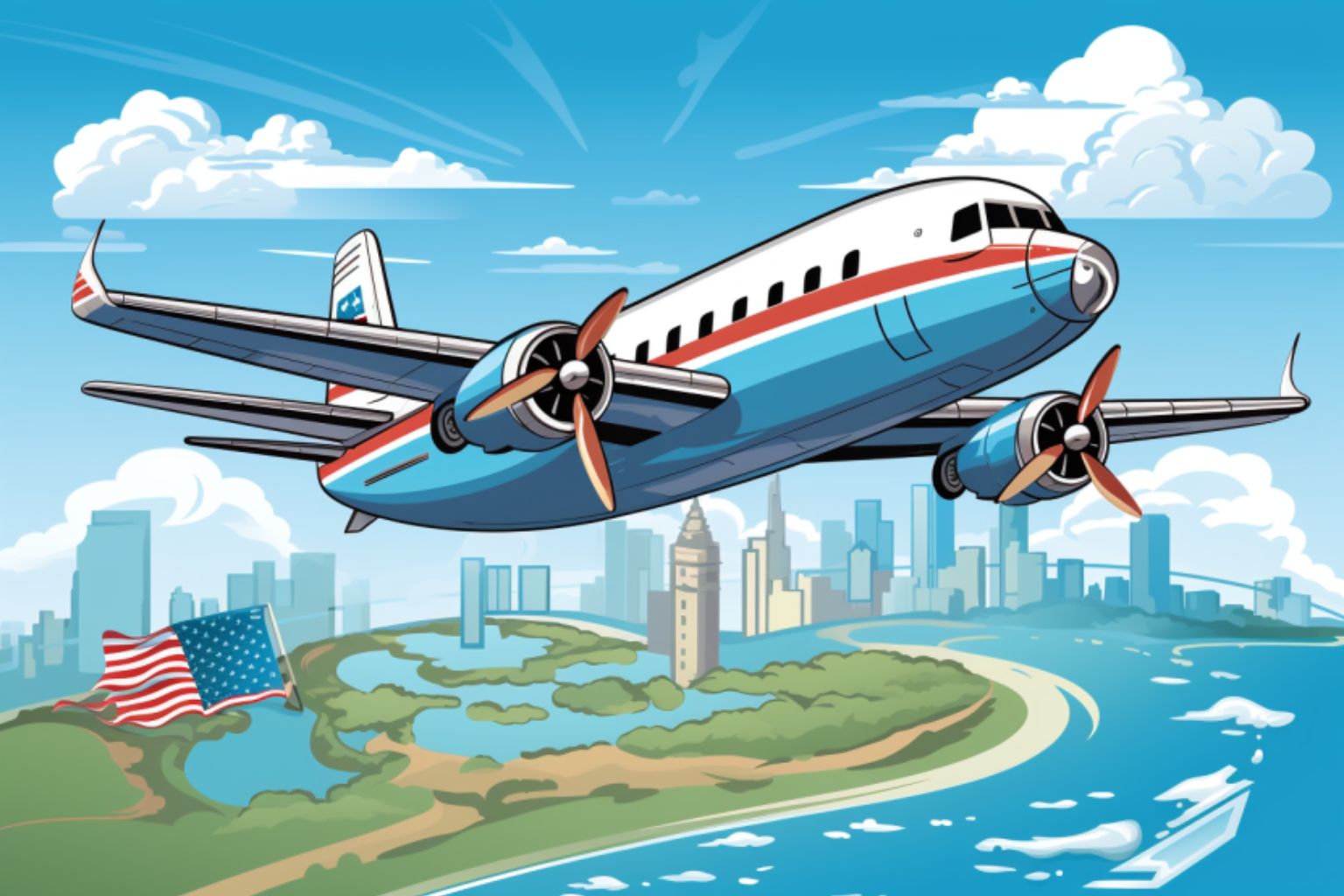Try not to laugh too loudly the next time a flight attendant makes one of those pre-flight announcements to thank you for your business and say, “We know you have a choice in airlines.”
Now that the USA is down to just three major legacy carriers, thanks to the misguided merger between American Airlines and US Airways, it doesn’t take a card-carrying frequent flier to know your options are awful.
But they don’t have to be. Imagine if the United States allowed foreign airlines to offer flights, competing head-to-head with our new winged monopolies.
“If I could fly Japan Airlines or Cathay Pacific on U.S. domestic routes, at prices comparable to American airlines, I would buy those tickets in a New York minute,” says John Strohm, a software engineer from Huntsville, Ala.
Easing restrictions on foreign airlines
He’s not alone. Once other air travelers have experienced the impressive service some foreign airlines offer, they often wonder: Why can’t they do business in the USA?
Of course, international airlines do operate in this country, but the government forbids them from flying point-to-point destinations domestically. These laws, meant to protect American consumers and jobs, are having the exact opposite effect. Eliminating — or at least partially lifting — outdated restrictions could significantly increase competition and improve customer service.
Industry watchers say that banning foreign carriers from offering domestic flights might have made sense a generation ago when the American airline industry was tightly regulated by the federal government. But today, with only a few megacarriers remaining and the security concerns of the Cold War a distant memory, it’s harder to justify the laws.
“Foreign airline competition and capital investment in U.S. airlines could quickly improve passenger service, lower fares, result in new start-up airlines, and relieve overcrowding,” says Paul Hudson, president of FlyersRights.org.
The path to airline industry liberalization
That may be easier said than done, says Steven Truxal, a professor of aviation law at City University London. He explains that even if we wanted to allow British Airways or Lufthansa to offer flights from New York to Chicago, we’d insist that the EU allow us to do the same, and that would require a treaty renegotiation. “Not an easy task,” he says.
Other hurdles stand in the way, including opposition from unions, which claim relaxing these laws would endanger American jobs, and domestic airlines, which don’t want the competition. Both would also correctly point out that some international carriers receive subsidies from their governments or face lighter tax and regulatory burdens, which would appear to put U.S. carriers at a disadvantage.
But the barriers aren’t insurmountable. Albert Cardenas, an English teacher who lives in Bogotá, Colombia, has had a front-row seat to this kind of liberalization. “For example, Avianca, the supposedly Colombian airline owned by a Brazilian, offers flights between different cities in Spain; and LAN, the Chilean airline, connects several cities in Colombia,” he says. The result: more choices and better service.
Embracing change
“This is a normal practice in a globalized world,” he says. “But it seems like the United States doesn’t want to join this kind of world.”
Ah, but Americans do.
Harry Kopy, a stagehand in Sayreville, N.J., says, ‘I think foreign airlines should be allowed to operate domestic flights, considering the domestic airline mergers.’ “It might create more competition, perhaps lowering the cost of an airline ticket, or even help getting rid of some junk fees. Wouldn’t that be nice?”
In numerous interviews I conducted with ordinary air travelers, a clear consensus emerges: The benefits of opening up the domestic market to foreign competition far outweigh any drawbacks. (Related: Why are airlines redefining national borders?)
The ability to purchase a transcontinental ticket on Cathay Pacific or Qatar Airways would compel U.S. airlines to lower their prices and enhance their service, thus putting an end to the shameful race to the bottom that has defined domestic air travel in the last decade. U.S. airlines would no longer take us for granted.
A hopeful shift towards consumer-centric air travel policies
Mike Zoril, a financial analyst from Beloit, Wis., who, like many others, dreams of a day when the rules are changed to favor consumers, says that government regulations are in place to benefit inefficient corporations at the expense of consumers and more efficient businesses. (Here’s how to get a refund on a non-refundable airline ticket.)
We’re getting closer. The EU has been pushing to open America’s skies to competition, most recently in negotiations for its Transatlantic Trade and Investment Partnership treaty. Until the shackles come off, you can do the next best thing: Buy a ticket on Virgin America, which embraces the service culture of its European namesake, Virgin Atlantic.
Picture what air travel would be like if Virgin became the standard. Wouldn’t that be a reason to love flying again?




